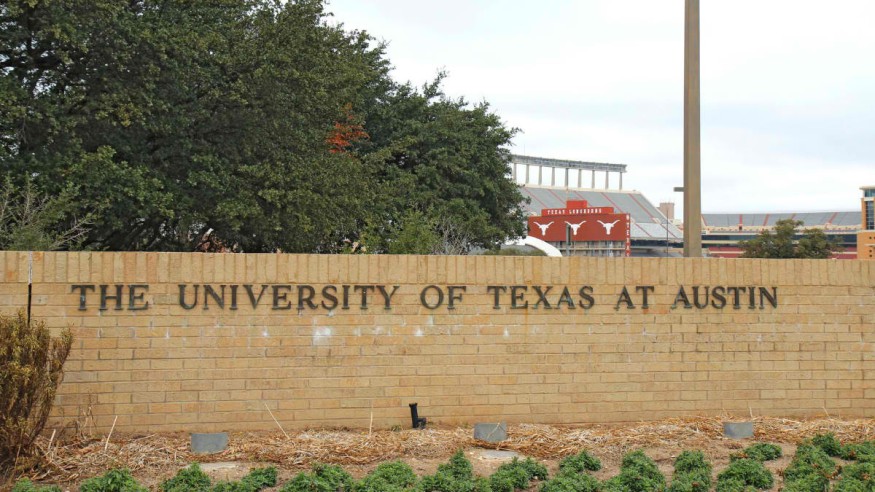Latino Professors at University of Texas at Austin Face Wage Inequality

Texas education leaders are now discussing how to address the gross disparity and discrimination among the Latino faculty.
A recent report shows that there are disparities in terms of gross pay and discrimination among the Latino faculty at the University of Texas at Austin. This discrimination transpired in compensation, leadership opportunities, and other measurements.
Texas education leaders are now discussing ways to address these problems. It can be recalled that eight professors at the University of Texas at Austin released a 188-page report they called the "Hispanic Equity Report." The report entails the salary compensation of faculty members who are from Latino origin compared to their non-hispanic counterparts. It was also noted that the gap continued despite taking account of field, rank, and scholarship.
According to Alberto Martinez, a university professor and chairman of the Independent Equity Committee, they "found that Hispanics are grossly underpaid and underrepresented in positions of leadership in a university that makes diversity one of its central missions."
This confirms the published report in The Houston Chronicle that states that Hispanic professors at the University of Texas have long seen the inequalities and underrepresentation. Teresa Lozano Long Institute of Latin American Studies in the university has 13 directors since it was founded in 1940. However, none of the directors were from Hispanic or Latin American origin. The institute was named after a Hispanic alumna who donated $15 million.
Professor Jorge Canizares-Esguerra at the University of Texas said that what occurred in Latin American Studies is also the same as having a prestigious center for African-Americans, but never having an African-American director. This is indeed very illogical.
Officials of the University of Texas recognized the problem, but they disagree when it comes to the salary disparities of their faculty members. Gregory Fenves, president of the university, said during the Faculty Council Meeting that a university council on racial and ethnic equity and diversity completed the first phase of its study on the Latino faculty members' pay, finding few discrepancies. They found similar issues with the report of the Independent Equity Committee.
The university president said: "There were some differences especially in interpretations of data, but there are inequity issues." He also said the council will be working diligently with the information. Meanwhile, a spokesman of University's vice president and provost Joey Williams said that the university is strongly committed to understanding the inequity and will be fixing it.
Salary Gaps
According to Martinez, they found that the longer a Hispanic professor stays in the university, the inequities grow and become larger. In 2017, full-time professors were only paid $25,300 which is less compared to their non-hispanic counterparts. The assistant professor faced a gap of $19,600 and the difference is about $10,600 for associate professor.
This data is based on sources such as Texas Tribune's Government Salaries Explorer. Martinez also said that Hispanic women professors are the most underpaid in all categories and they are also extremely underrepresented.
Meanwhile, Williams said that "the difference (in compensation) is a little over three percent for full and associate professors favoring non-hispanic faculty." He also said that Latina professors earn more compared to their non-hispanic counterparts in some job classifications.
The spokesman of the provost also said that the "pattern is reversed with a much larger difference favoring our Latina over white assistant professors and not much of a difference at all when we compare salaries across races for assistant tenure track professors who are men. Regardless, this difference favoring non-hispanics over Latino faculty at the senior ranks needs to be investigated further."
Subscribe to Latin Post!
Sign up for our free newsletter for the Latest coverage!
© 2026 Latin Post. All rights reserved. Do not reproduce without permission.















